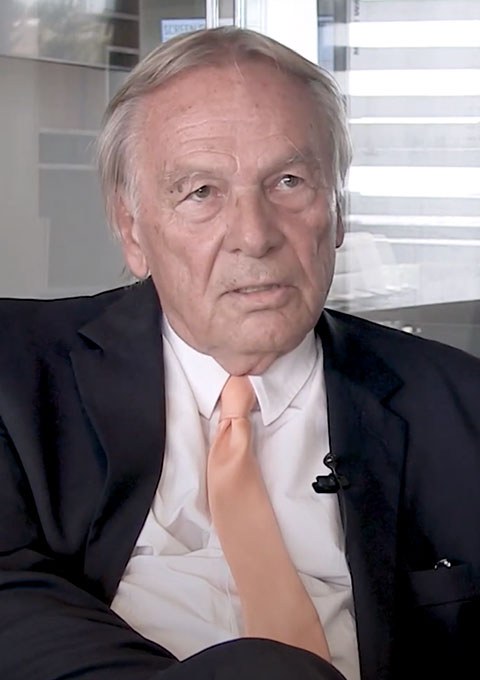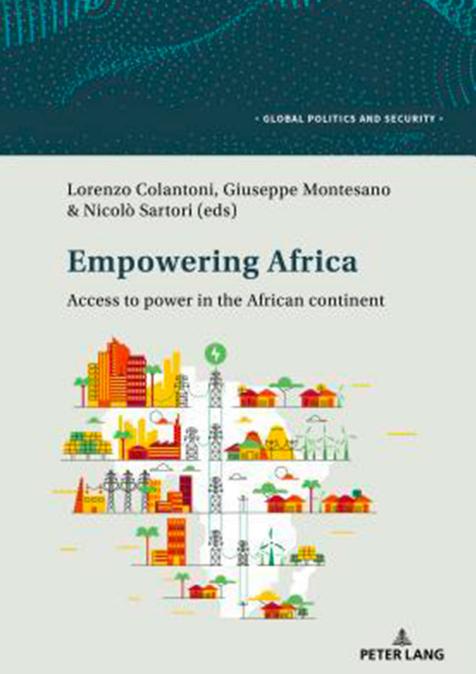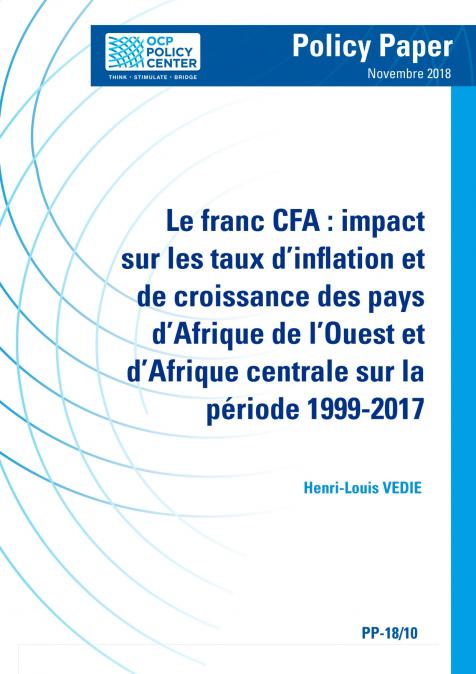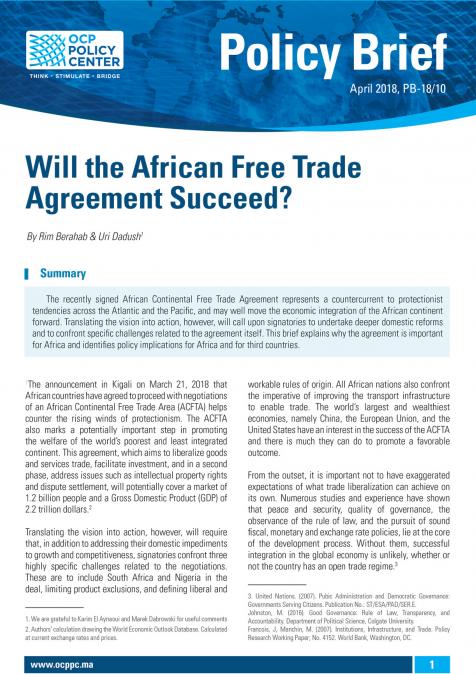Retrouvez en exclusivité l’interview de Abdelhak Bassou, Senior Fellow au Policy Center for the New South, qui se livre à Helmut Sorge, Columnist au Policy Center for the New South, au sujet des multi-disparités présentes en Afrique. Abdelhak Bassou est l’auteur du Chapitre 5 du rapport annuel Atlantic Currents.
Le rapport Atlantic Currents est la publication phare de la conférence Atlantic Dialogues. La huitième édition de ce rapport se situe dans la perspective d’une sortie de crise sanitaire pleine d’enseignements et d’une relance économique marquée par plusieurs challenges d’ordre social, économique, financier et stratégique. Il tente de cerner les paradigmes produits par la pandémie en matière d'éducation, de santé, de commerce, du respect des droits de l’Homme, de lutte contre le changement climatique… Comme à l'accoutumée, l’Afrique occupe une place de choix dans les analyses et projections formulées par les dix-neuf auteurs qui ont contribué au Rapport, tant en ce qui concerne les dynamiques internes du Continent que les rapports qu’il entretient avec le reste de l’espace atlantique élargi.
A travers cette série d’interviews avec quelques auteurs du rapport, nous vous en disons un peu plus !








